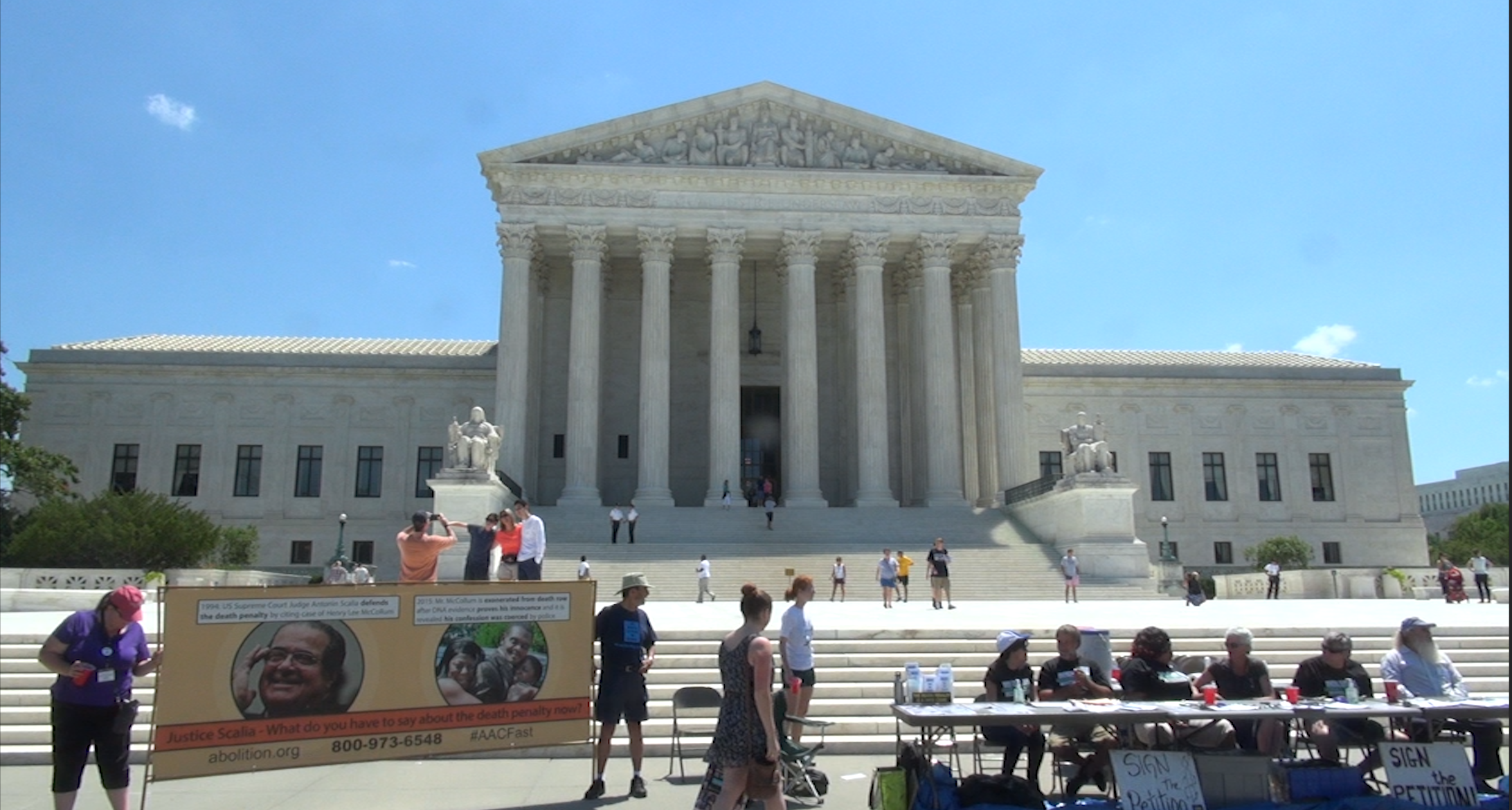WASHINGTON, June 29 (UPI) — The Environmental Protection Agency said Monday it will review the Supreme Court‘s clean air decision in order to determine the next steps in its fight over mercury emissions. But EPA said the 5-4 opinion was not a complete loss for the environment.
“This rule was issued more than three years ago, investments have been made and most plants are already well on their way to making emissions reductions,” the agency said in a statement.
The 2012 Mercury Air and Toxic Standards rule set emissions standards for coal and oil-fired plants. The standards, issued by the agency under the Clean Air Act, took effect in April. Health experts say air pollutants contribute to heart attacks, bronchitis, asthma and other respiratory problems.
The EPA emphasized that the court opinion was about the need to consider cost when regulating industry — not about the EPA’s authority to do so.
“The court’s decision focuses on EPA’s initial finding that it was appropriate and necessary to regulate these emissions and not on the substance of the standards themselves.”
The emissions standards will remain in place while the District of Columbia Circuit Court revisits the EPA case to determine what needs to be done to keep the agency in line with the Supreme Court’s decision.
Amendments to the Clean Air Act approved in 1990 give the EPA authority to regulate industrial activity in order to limit air pollution. The EPA estimates that the mercury and toxics requirements, if fully implemented, would:
— Prevent up to 11,000 premature deaths annually
— Avoid 540,000 missed work days annually
— Support 46,000 short-term construction jobs at affected power plants and 8,000 long-term utility jobs
— Return $3 to $9 in health benefits to individuals for every $1 spent to reduce pollution
Advocacy groups such as the Environmental Defense Fund blasted the ruling. “The Court has sided with the ‘Dirty Delinquents’ — the small percentage of coal-fired plants that haven’t cleaned up,” EDF President Fred Krupp said in a statement.
The Sierra Club emphasized the health risks that would soon surface if the regulations are indeed loosened.
“These protections are largely aimed at protecting young children and expectant mothers, since exposure to mercury in the womb can lead to lifelong neurological damage and severe delays in cognitive development.”


